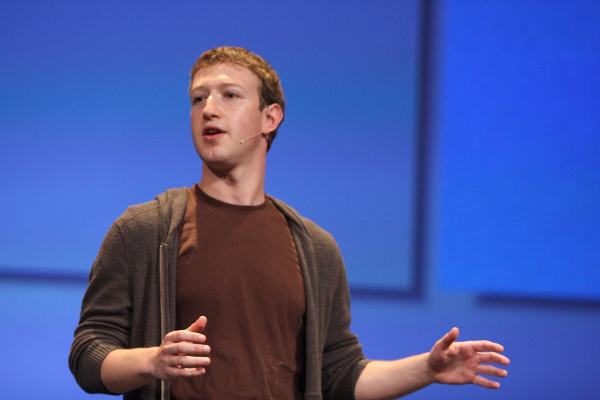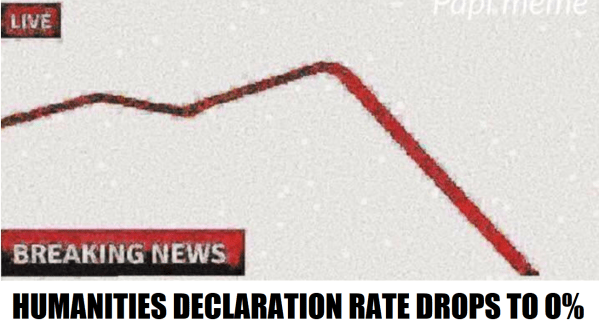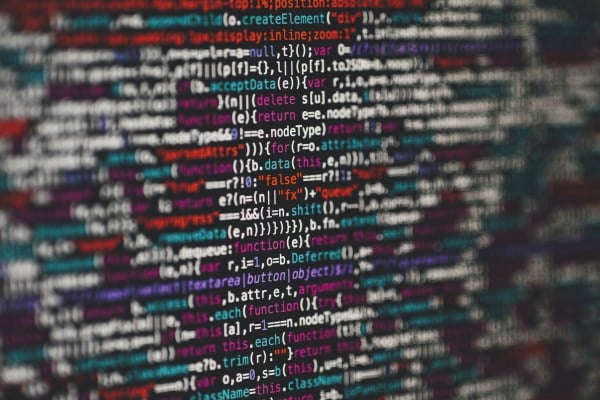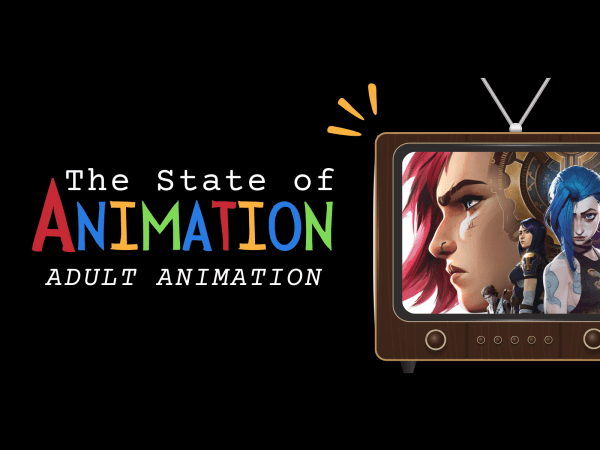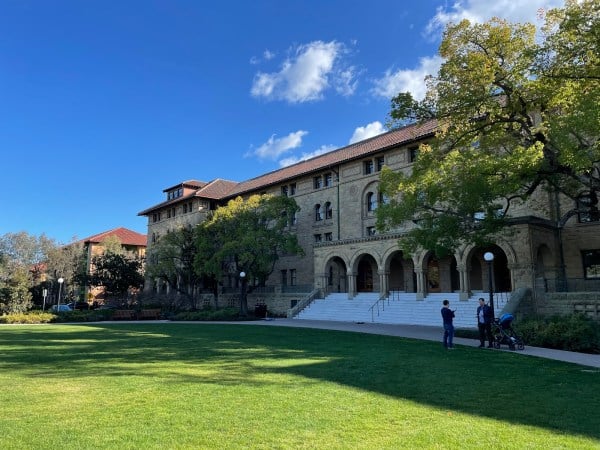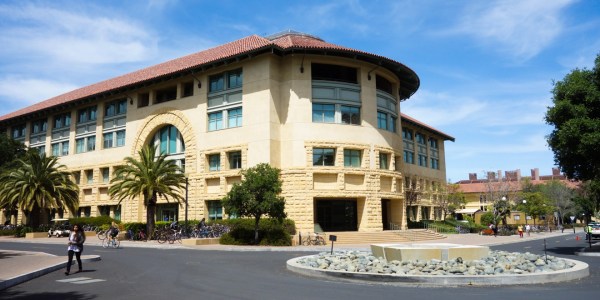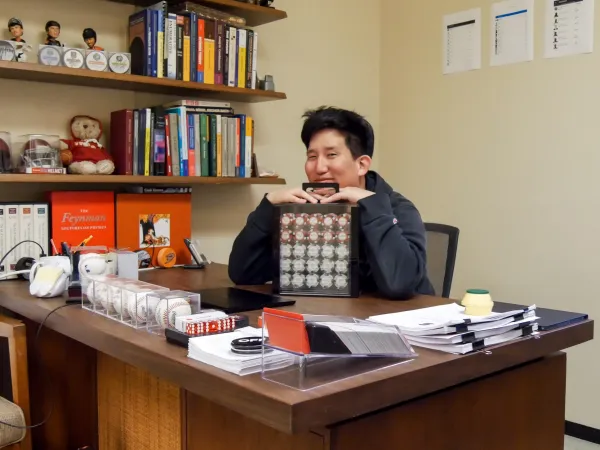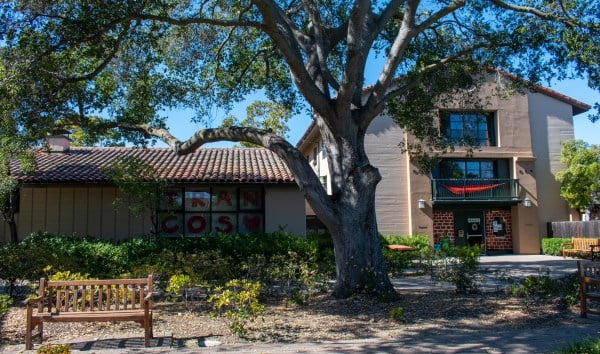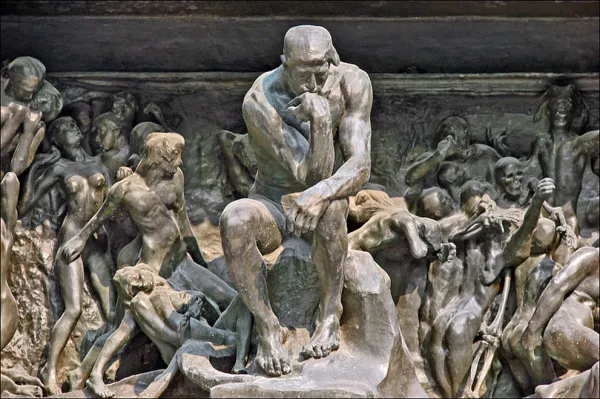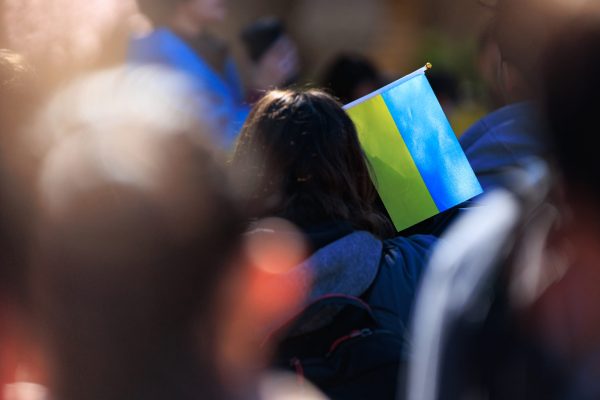Showing search results for:
complexity theory
April 21, 2020
I am not here to tell you to stop building. What I am here to do is slap a large, glaring asterisk onto a well-intentioned polemic that is equal parts inspirational and obtuse.
By Jason Zhao
May 13, 2020
Facebook says the organizing of stay-at-home protests qualifies as “harmful misinformation” and will therefore be removed. This latest move is among other recent efforts that show the company is becoming more willing to take on the responsibility of content moderation, at least in the wake of worldwide pandemic.
March 3, 2020
Should more and larger companies file for PBC status if their work significantly impacts social life, the environment, or the political sphere?
By Avery Rogers
Feb. 3, 2020
Ananya Karthik discusses the importance of algorithmic hygiene in creating an inclusive digital future.
Oct. 19, 2022
By the time graduation comes around, those humanities majors are likely to be destined for starvation and the streets.
By Eric Heng
Nov. 22, 2019
On June 18, Facebook formally announced plans to build Libra, a cryptocurrency available to Facebook users around the world, in partnership with high-profile companies like Visa, Stripe, PayPal, Uber, and Lyft.
By Avery Rogers
Sept. 25, 2022
Learning about the Mandela Effect sparked my interest in psychology and how our brains play tricks on us. Moreover, it taught me how complex our cognitive abilities can be and how collective false memories can occur, writes Laurie Chow.
By Laurie Chow
Feb. 3, 2020
Adrian Liu critiques Facebook's privacy practices, reflecting on whether or not the general thesis held by privacy scholars that often informs consent — the idea that privacy involves transparency and choice — is a viable privacy model for internet platforms.
By Adrian Liu
Nov. 8, 2019
According to Fiesler, the “I am just an engineer” problem is caused by the common way computer science is taught, which treats ethics as its own specialization. She thinks ethics should be taught as part of the technical practice, rather than in its own class as is done at Stanford.
By Dilara Soylu
Oct. 25, 2019
“Complexity Theory” is a series on ethics and technology, a collaboration between Stanford students with a range of backgrounds but a shared worry. We aim to shine more light on the apparent intractabilities, the technical subtleties, and the real difficulties of technology ethics.
By Adrian Liu
Oct. 5, 2022
With an infinitely large room for creativity and innovation in visual art, adult animation should be your next genre to binge on, writes Kristofer Nino.
Nov. 1, 2019
What if we instead considered: how should we think about privacy standards, and by such standards, how did Facebook fare? What we find, I will argue, is that Facebook used a notion of privacy tailored to its own practices, and one out of line with our considered intuitions on what it should mean to protect privacy.
By Adrian Liu
Oct. 11, 2022
The major has replaced the mathematical and computational science (MCS) major, though currently-enrolled students in that program will be able to finish their degrees.
March 8, 2022
Linda Liu argues that the Political Science and International Relations curriculums should incorporate more diverse perspectives from around the world. "The Stanford Political Science and International Relations programs should integrate the perspectives of other cultures into all of its courses, regardless of content or focus, in order to train students to become informed global citizens capable of empathy and making educated decisions," writes Liu.
By Linda Liu
Oct. 28, 2019
There is one dimension in which Stanford has largely neglected to do work to foster inclusivity in the computer science departments. Stanford students who are not from marginalized backgrounds are often never made to confront the ways that they unintentionally make spaces unwelcome for students from marginalized backgrounds in tech.
Jan. 13, 2022
The course, taught by mathematics lecturer Gene Kim, focuses on the probability calculations behind various casino games and daily fantasy sports.
By Jasmine Kwan
Nov. 28, 2022
David Neese and Ayush Majumdar argue that Stanford should revitalize the intellectual spirit of the university. "The troubles of Stanford aren’t, I think, purely social: at bottom they are intellectual and spiritual," they write.
By David Neese and Ayush Majumdar
April 27, 2021
Choosing the name “theorizing” for the main activity of one’s life can often be met with suspicion. A theoretician spends their life on thinking, whereas good life requires living. It seems that thinking all the time and living stand in contradiction.
By Kamil Aftyka
March 7, 2022
Professor David Palumbo-Liu writes that Russia's invasion of Ukraine is part of a complex history that must be acknowledged and argues that war created by global hegemons causes irreparable damage to ordinary people. "It is time to think of people — not regimes, alliances and the expansion of power for the already powerful, at deadly cost to everyone else," writes Professor Palumbo-Liu.
No additional search results found.



